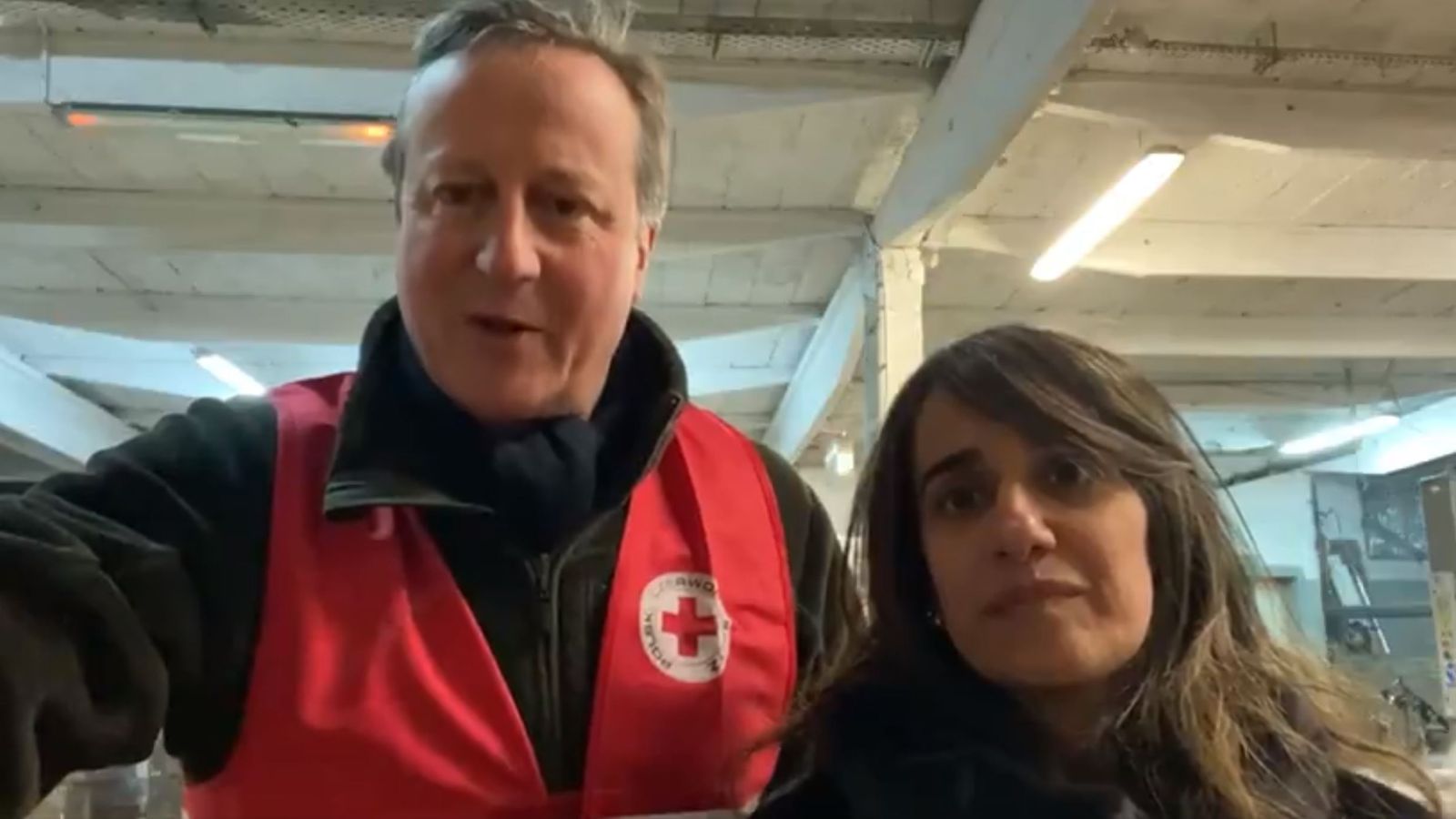A seriously ill child who arrived in the UK as a Syrian refugee is to be moved into palliative care, after a High Court judge ruled that would be in her best interests.
The six-year-old, who cannot be named, has a rare neurological condition which doctors say is incurable.
Birmingham Women’s and Children’s NHS Foundation Trust had asked the High Court to decide what moves were in the girl’s best interests.
Specialists argued that the child should not be given long-term ventilation and instead be moved to a palliative care regime.
The girl’s parents, who arrived in the UK in 2016 under the Syrian Vulnerable Persons Resettlement Scheme, disagreed and requested ventilation be provided in their home.
They say their daughter’s condition improves when she is in her home environment.
In giving his decision, Mr Justice Hayden described the child’s condition as “relentlessly neurodegenerative”.
Olivia Pratt-Korbel latest: Intended target of gunman who shot nine-year-old is named and pictured
Who is Joseph Nee – the target of gunman who killed Olivia Pratt-Korbel in Liverpool shooting?
High energy bills for UK households are price of resisting Putin, Boris Johnson says as he visits Kyiv and pledges further £54m package of military aid
He said: “I have seen no evidence that [the child] experiences any benefit from life.”
He described her family as “incredibly brave and resilient,” and in refusing their wishes to have long-term ventilation for their daughter at home, Mr Justice Hayden acknowledged that the child “suffers fewer convulsions at home,” but said “she is beyond treatment that can make her better.”
The parents accept that she will not recover, but do not agree that a “ceiling of care” should be imposed.
The court had heard how the girl was born in Lebanon after her parents fled Syria.
She had started to become ill about four years ago, after arriving in England.
The family’s legal team say the parents have largely managed their child’s needs at home, particularly during the pandemic, when they did so with very little formal care and only the support of children’s community nursing services.
During the hearing, the girl’s father, who fled the Syrian war, said he had seen his brother killed in Syria, watched his father die, and that en route to the UK the family had seen friends pass away.
“I know what dying looks like,” he had told the court. “[My daughter] is not dying.”
Shortly after giving evidence last week, the father clutched his chest and collapsed in court.
He was taken to hospital but appeared well in subsequent hearings.







